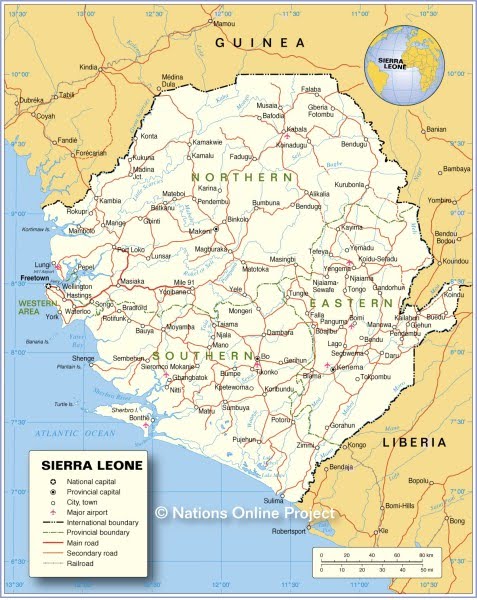
The mid-semester break at the Theological College coincides with Christmas and the New Year, providing us with ample opportunity to benefit from time spent on our east facing veranda. On some days it has been possible to watch the sun come up as we ate breakfast, later to have lunch and then, with a mosquito coil lit against unwanted intruders, to have dinner after 12 hours of sunlight. Throughout this period of time there are inevitably events worthy of sharing.
It is mating time for the resident Polyboroides typus, the African harrier hawk, which swoops to take the unattended free range hen’s chicks. The early morning screeching of both male and female hawk in a nearby tree has competed with the same instinct in the several members of the 12 strong goats herd. Rival billy goats have been performing head/horn butting sessions for sometime but with the females coming on heat, the competition has been even more dramatic and the resulting mating frenetic. Following bleating sounds throughout one night, a nanny with a history of falling in the rubbish pit,as as well giving birth to twins, produced two wobbly infants early in the morning and we watched as she guided them on a pathway perilously close to the pit.
For elegance, the regular arrival of white cattle egrets, Bulcbuclus ibis, and the grace they employ in hunting frogs and lizards within a few feet of a feeding goat, provides a captivating spectacle. A variety of lizards with bright yellow and sometimes orange heads are keen to spend the minimum amount of time away from the safety of tree trunks and branches where their camouflage quickly avoids detection. A sole kingfisher has been spotted just long enough to be photographed. Several species of birds can be identified at dawn by their call and by sight again at night, as they return to roost but our inadequate twitching skills have so far prevented identification.
Numerous palm nut vultures (Gypohierax angolenis) occupy the skies above Freetown and occasionally one will arrive to investigate what is happening on the ground of the compound, watched intently by the Corvus abidis, a black and white ‘minister crow’ which proliferate everywhere. Of late they have had the benefit of some ripe oil palm nuts to squabble over, in between fighting among themselves for nesting twigs and ganging up on the scops owl (Otus Senegalansis) should it arrive before dusk to perch on the roof of the nearby school building. This usually coincides with the appearance of first numerous small bats and then later larger ones which occupy the trees of Victoria Park in the centre of the city and leave to feed in the surrounding hills.
Two month ago we arrived carrying several items including essential medication, personal letters and gifts for various people. Since then the veranda has been the place where we have received visits from the recipients. Each of them has shared some of the history that lies behind longstanding solidarity between former mission partners and colleagues and friends living in Salone. The last to arrive was Daniel who came to collect a letter on behalf of his mother. This recently married young man is the country manager for a foundation addressing the environment and sustainability. Having been born and raised in a diamond mining area, he spoke at length on the challenge of encouraging ex-combatants and ex-alluvial diamond explorers to engage in agricultural production in the east of Salone.
Our first overnight guest was Helen, a German midwife who arrived four months ago to work for the United Methodist Church in the area of Koidu, an eight hour drive from Freetown. Helen enlightened us on the problems of improving the appalling situation of high maternal mortality and not for the first time, we heard that the major problems lies in women not appearing for ante-natal care and then choosing to deliver their babies in the confines of a rain forest or a remote un-hygienic location.
Several daily newspapers are available on the streets of Freetown but as they are thin on content and narrow on coverage, it is usually necessary to buy two or three, at a cost of 17p-25p each, in order to have a good read. The variety of programmes presented on the BBC World Service, which is available on FM, offers an amazing coverage of global and African news and is therefore regularly listened to throughout the day. Life on the veranda is therefore a classroom and a theatre which sees our knowledge horizon expanding daily as we try to comprehend a new context in a new country.

Happy New Year and thanks for the blog.
ReplyDeleteHope all is well and that you are finding time to have some fun.
Bye for now and God Bless